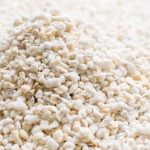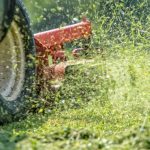Mushroom Compost vs Cow Manure: Which one is Better?
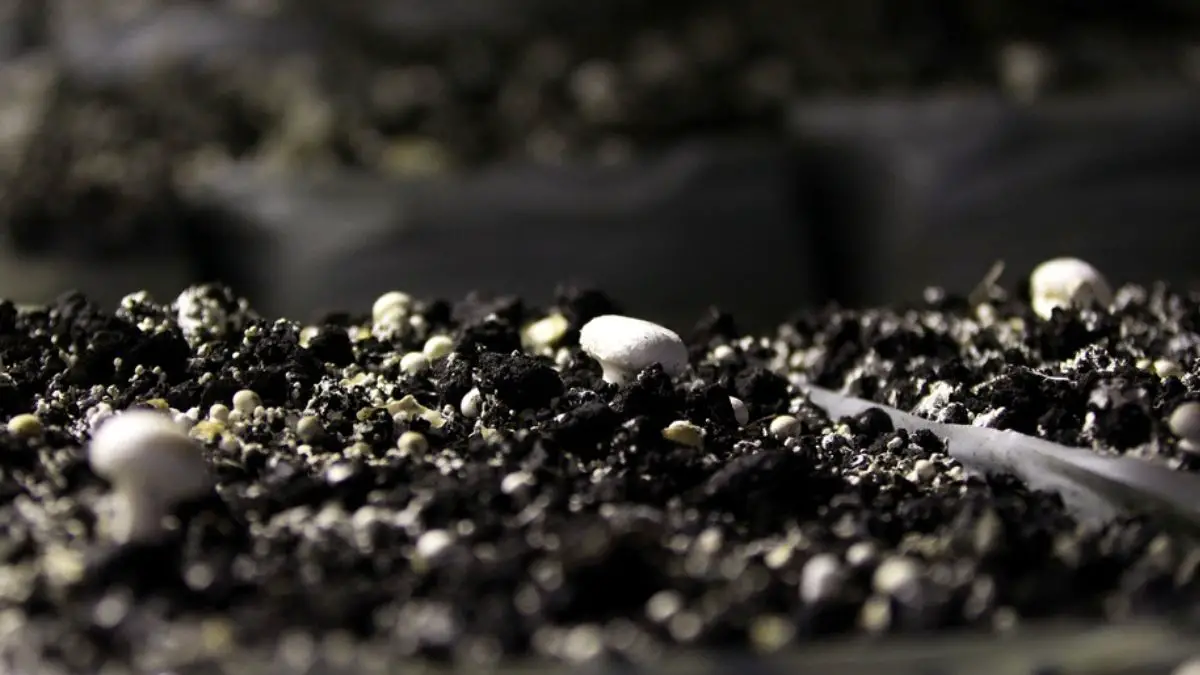
You can only have healthy plants if your soil is healthy. But how can you improve the health of your soil? For this purpose, many types of organic matter are added to the soil to make it more nutritious for plants. Experts debate which amendment or matter is best for soil?
One common debate that happens among the experts is Mushroom compost vs Cow manure. Here, we are de-baiting the debate and presenting You with some facts about both of these organic substances.
- We will also be comparing mushroom compost vs leaf compost, mushroom compost vs chicken compost, and which is better- compost, manure, or fertilizer.
So, stay with us as we are providing you important information you can use in our garden.
Mushroom Compost vs Cow manure: Let’s Settle this Debate
Let’s learn about both Mushroom compost and cow manure first to better decide which one you should opt for.
Mushroom Compost
Compost is an organic matter that is decomposed to provide nutrients to the soil. Generally, food products are used in the compost. However, we avoid adding dairy to it as it may invite bad odor and pests. In Mushroom compost, we have mushrooms of any species added into the compost for the release of nutrients. Mushroom Compost Materials are composted wheat, lime, peat moss, canola meal, urea, and much more.
Mushroom spawn is a common mushroom compost that you can easily buy from the market. You can also prepare it manually at home if you have resources.
To settle the mushroom compost vs cow manure debate, we must know the advantages and disadvantages of both organic matters.
Let’s take a look at their pros and cons to know more about Mushroom Compost.
What are the Advantages of Mushroom Compost?
- Mushroom compost increases the water retention capacity of the soil. Due to this, your plants require less water as the compost retains it.
- Most of the fruits, vegetables, and other gardening plants are compatible with mushroom compost.
- Mushroom compost is not expensive and anyone can afford it.
- It is easier to apply than cow manure.
People often ask, Is spent mushroom compost good for the garden? Yes, and it offers the same advantages described above.
What are the disadvantages of Mushroom Compost?
- The salt level is high In mushroom compost. So, it is not recommended to grow salt-sensitive plants where you have added this compost.
- Also, mushroom compost is observed to contain remains of fungicide.
Plants that don’t like Mushroom Compost are Azaleas, Heathers, Camellias, and rhododendrons. Moreover, every plant which needs acidic conditions to grow dislikes mushroom compost.
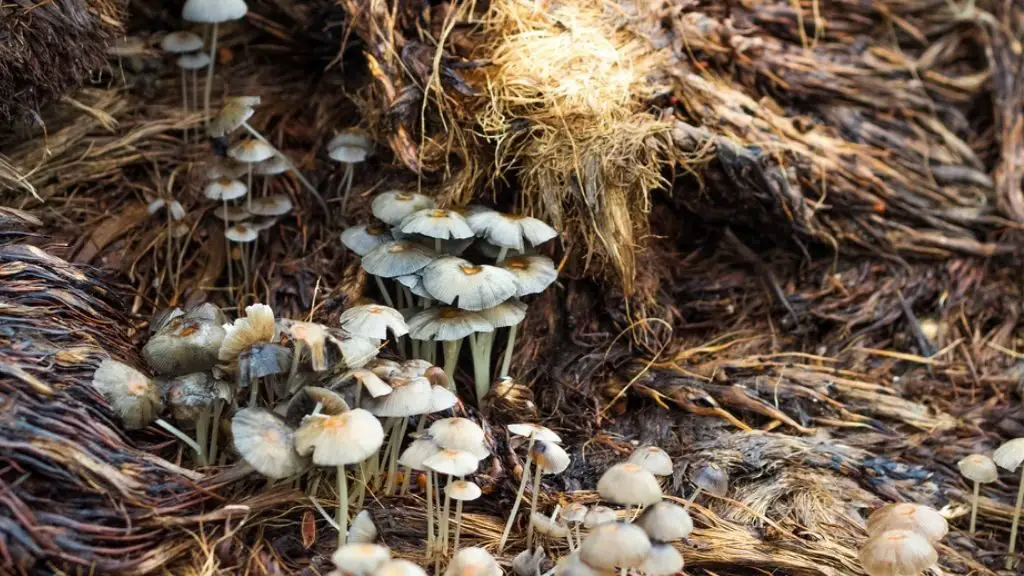
Cow Manure:
Cow manure consists of the excretion of cows. It is an excellent source of nutrients to the soil which you can manually prepare or buy from the market.
A farmer usually has some cows in the fields. This cow excretes in the field from time to time which improves the soil structure. Let’s have a proper look at the benefits of cow manure:
Advantages of cow manure for growing plants
- Cow manure is a good source of all three major nutrients- N, P, and K.
- Cow dung improves the water retention capacity. Due to this, plants growing in such soil require less water as compared to plants growing in other soil.
- Another advantage cow manure offers is that it improves soil aeration.
- Moreover, cow dung promotes the growth of beneficial bacteria in the soil. These bacteria also play their role in adding nutrients to the soil.
- It also prevents nutrients loss in the soil-making it the best soil amendment.
Disadvantages of cow manure you may witness
- Harmful bacteria like E.Coli may also grow when you add manure to the soil.
- Also, cow manure contains high ammonia concentration, which may also negatively impact your plants.
- One major limitation is that you cannot apply fresh dung to the soil You have to let it dry or decompose first before adding it.
- Cow dung may also contain traces of chemicals that may have been given to the animals via medicines.
- There is a high chance that cow manure contains unwanted herb seeds.
- Cow manure is not suitable if you are growing edibles like vegetables.
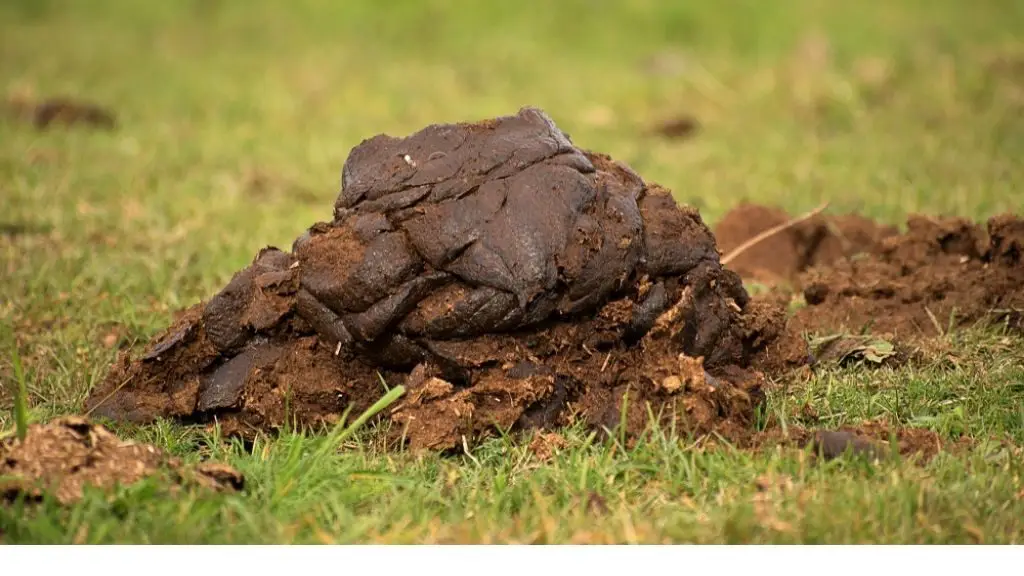
When we take a look at Compost vs Manure for Vegetable Garden, then experts come to the concussion that we should go for compost as manure has many de-merits which might get difficult for vegetables to tolerate.
End of Mushroom compost vs cow manure Debate
Both are excellent for the soils. Both provide nutrients and improve soil health. However, Mushroom compost is a little better to use as compared to cow manure. Why? Because cow dung may contain harmful bacteria like E.Coli, pathogens, and high ammonia concentration. Moreover, cow manure may also contain seeds of unwanted plants. Mushroom Compost, on the other hand, is rather safe to use. So, both provide the same advantages but cow manure has more disadvantages than mushroom compost.
From the above discussion, it is clear that mushroom compost has an upper hand.
Now, it’s time to compare some more things!
Compost vs Manure vs Fertilizer
Compost, manure, and fertilizers all enrich the soil with essential nutrients. Plants cannot grow properly if you don’t add these nutrients. Why? Well, in a perfect world, the soil is also perfect. But sadly, the world is not perfect and soils need the addition of nutrients from different sources. DIfferent gardeners opt for different nutrient sources. Some prefer compost, some prefer manure, and some prefer inorganic fertilizers. Let’s compare all three in a table.
| Points | Compost | Manure | Fertilizer |
| Nature | Organic | Organic | Inorganic |
| Effectiveness | Effectiveness depends upon the organic source it is made up of and the processing method it went through | Effectiveness depends upon the organic source it is made up of and the processing method it went through | Inorganic fertilizers are manufactured chemically in industries and are very effective in nutrient release than the other two. |
| Manufacturing | Most of the people can make Compost at home | People can make manures in the home with different organic sources. | It is manufactured in industries. |
| Affordability | Compost is easy and cheap to make. | Manure is also easy and cheap to make. | Inorganic fertilizers are expensive and not every gardener can buy them. |
| Relations with Environment | Eco-friendly | Eco-friendly | Can damage the ecosystem if not added in the right way. |
Which one you should choose between compost, manure and fertilizers depend upon two big things. One thing is when you want these nutrients in the soil. Inorganic fertilizers quickly and effectively add nutrients to the soil. Contrarily, manure and compost take some time as they both depend on decomposition.
The other important point is that in manure and compost, you don’t know the number of nutrients in them. It may or may not have a high dose of nitrogen and phosphorus. This is the one disadvantage of going inorganic.
In fertilizers, we know the fixed percentage of nutrients present in them. So, it gets easy for gardeners to assess which nutrient is more in this fertilizer and which is less. Thus, you can witness a sudden boost in plant growth and also plant yield when you apply fertilizers.
With that being told, fertilizers do create a number of problems like Nute burns, environmental damage, and are really expensive to purchase. Compost and manure, on the other hand, don’t cause these problems. Moreover, in the modern age, people are preferring organic foods. There is a reason for this which is that it is free from harmful chemicals fertilizers may have left on the fruit and on the water facility nearby. So, between all three, choose which one to use in your garden according to your needs.
Mushroom Compost vs Leaf Compost
Leaf compost is a mix of decaying leaves and some other things like food scraps and grasses. Leaf compost can also improve soil health by loosening it and improving the aeration. Also, like any other compost, leaf compost also increases the water retention capacity of soils. But when it is compared with mushroom compost, you must know certain things.
When you add leaves while making compost, you have to make sure these come from healthy plants. If you add even a few diseased leaves, it can infect the whole compost. And when you add this compost to your garden, all of your plants will be infected by that disease.
Also, when you add leaves, it just increases the brown and carbons in the compost. To balance this, you have to add grasses and food scraps. So, it becomes a little expensive and complicated than mushroom compost.
Mushroom compost, on the other hand, is less risky. All you have to care about is just its salt quantity. Other than that, it is an awesome mate of soil.
Chicken vs Mushroom compost
Let’s discuss chicken vs mushroom compost now. Chicken compost consists of chicken feces, feathers, urine, undigested food, and other related things to chicken. Every compost type offers more or less the same advantages, but they differ only in the disadvantages. Like any other compost, chicken compost also offers the following advantages.
- Chicken compost slowly releases both macro and micronutrients to the soil. It is rich in Nitrogen, phopsphorus, and other important nutrients.
- It can prove to be a blessing for the soil as it: reduces erosion, improves aeration, releases nutrients, and improve drainage.
But when we compare chicken compost with mushroom compost, chicken compost is less effective as it has low nutrients percentage. Also, nutrients are also not available to the soil until the summer as a nutrient release from chicken compost requires soil to be warm. Chicken manure may also harbor harmful bacteria like E.Coli which are detrimental to plants. Moreover, fresh chicken compost may also invite rodents and other insects as well which are the last things you want to see in your garden.
So, after looking at the disadvantages of Chicken compost, it is safe to say that mushroom compost is a better option for your garden.
Final Words
All-inclusive, Plants’ soils are not perfect. They need some sort of medium or amendment to give nutrients to the plants. When these nutrients are discussed, Mushroom compost vs cow manure Debate is also done. We also took part in it and did thorough research. Both have more or less similar advantages.
However, Cow manure is riskier to add due to a possible attack of pathogens, diseases, and weeds. So, play safe and opt for mushroom compost. But that does not mean discard cow manure altogether. Use them at the proper time with the proper dosage.
Which is the better soil amendment according to you? Do tell us your take on Mushroom compost vs cow manure in the comment section down below!
FAQs about Mushroom compost vs cow manure Debate
Is mushroom compost better than cow manure?
Yes, mushroom compost is better than cow manure in many conditions. Mushroom compost has fewer disadvantages as compared to cow manure. When you use mushroom compost, all you have to worry about is salt accumulation. But when you use cow manure, you will have to worry about pathogens, diseases, pests, and weeds. Salt accumulation is rather easy to treat as you only have to add excessive water. Cow manure problems, on the other hand, are difficult to treat.
Which is better mushroom compost or manure?
Both are excellent sources of nutrients for plants. However, after comparing their pros and cons, mushroom compost seems to be a better option.
Where should you not use mushroom compost?
You should not use mushroom compost when you are growing salt-sensitive plants. Mushroom compost has a high level of sodium which makes them “salty” by nature. So, avoid those plants that can’t tolerate salt accumulation.
Is mushroom compost a good fertilizer?
Yes, mushroom compost is an excellent organic fertilizer. Organic fertilizers are eco-friendly and are key in sustainable gardening. However, they must not be considered a complete substitute for mineral fertilizers. Unlike mineral fertilizers, organic fertilizers differ in composition. So, use them wisely and according to the situation.
Related Topics:

